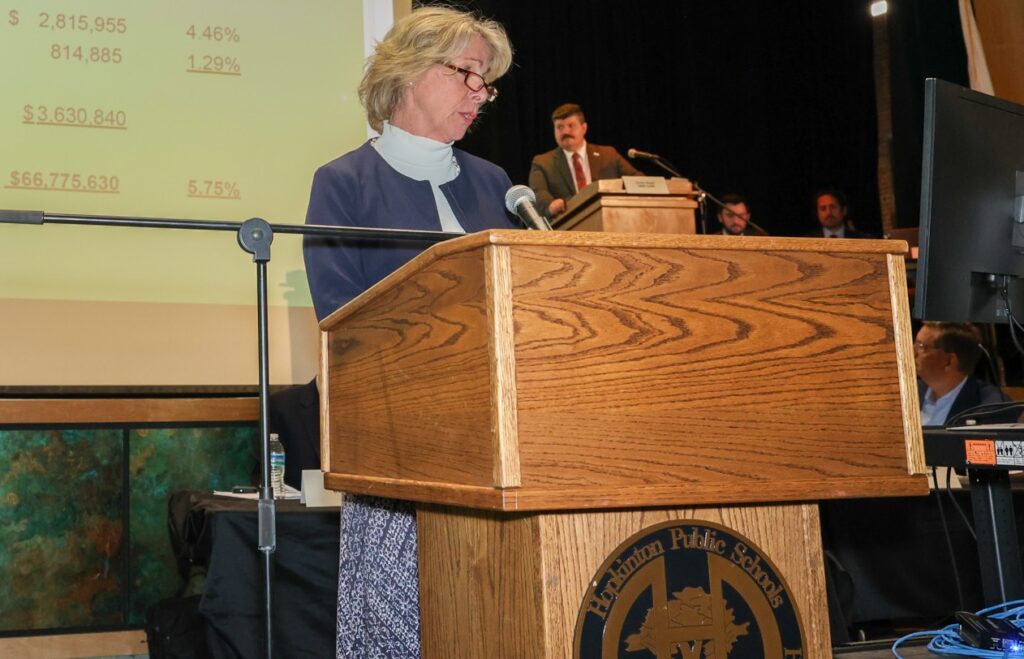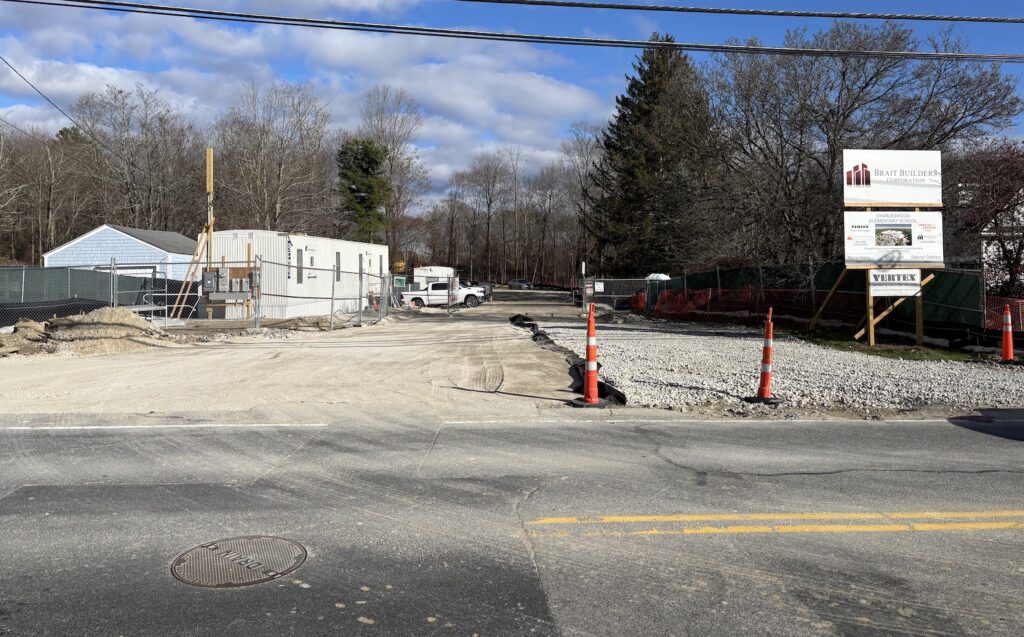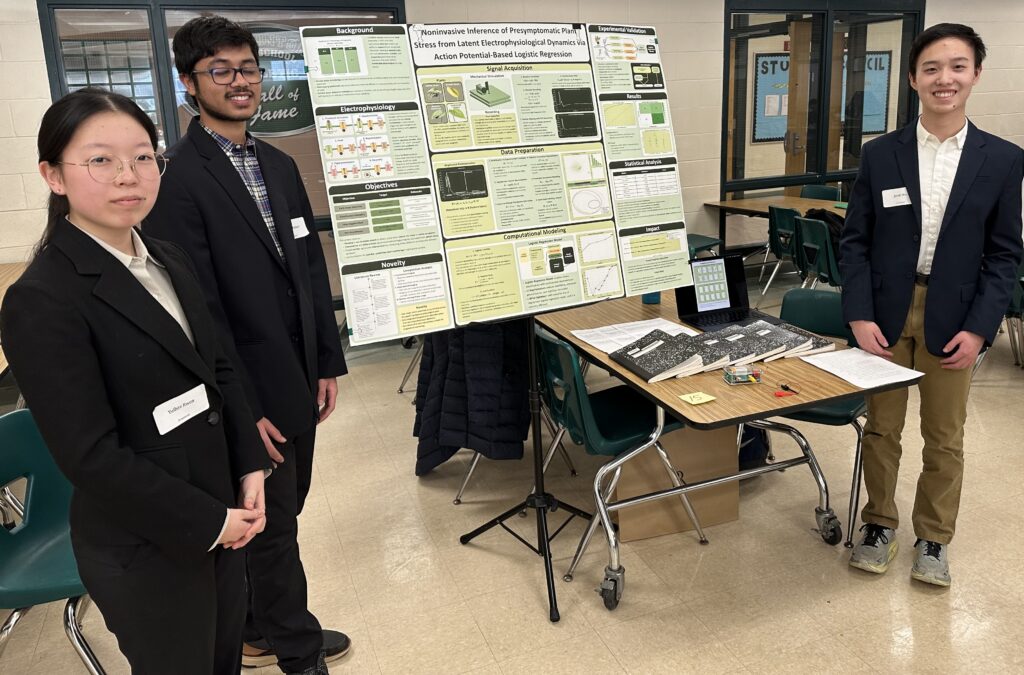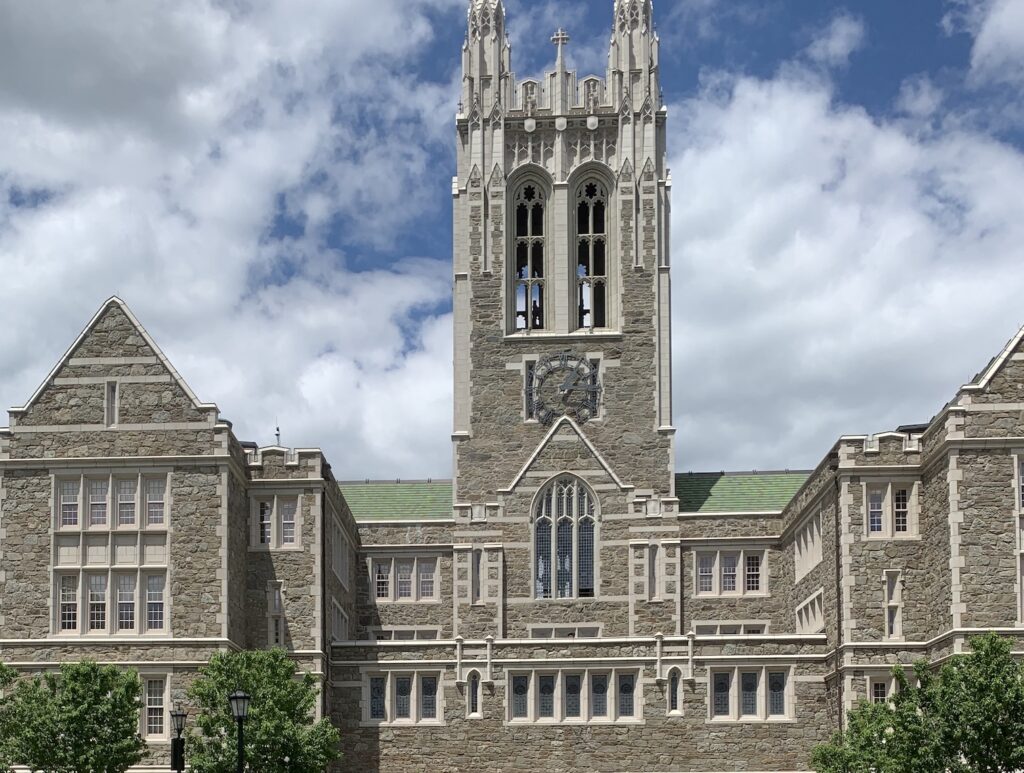Continued discussion about the proposed fiscal year 2024 budget and a presentation about a climate action strategy were topics at the School Committee’s last meeting of 2022 on Thursday.
Director of Finance Susan Rothermich talked once again about a proposed FY24 net operating budget of $60 million, a total increase of 8.1 percent, and the district’s list of capital requests.
New information included possible Town Meeting warrant articles to allow for negotiating six- year contracts instead of three-year pacts for things like digital textbooks or technology.
She also noted the possibility of reducing the costs for some of the school’s proposed capital items.
For example, she said money from the 26.2 Foundation and Boston Athletic Association totaling $144,038 could be used to pay for part of the track and field project’s engineering phase, which totals $350,000.
If the School Committee so chose, it also could put $2.2 million from the Legacy Farms school stabilization fund toward the $3 million design and engineering request for the Hopkins School addition, she said.
Vice chair Amanda Fargiano questioned the feasibility of wiping out that account for a study and early stages of a project that ultimately might not happen.
“I’d like to see it for construction,” she said, adding that a lot of information was being presented and she wanted time to have conversations as a board.
Rothermich said another possibility was to use a portion of the money in each phase.
Consultant recommendations highlighted
Superintendent Carol Cavanaugh, it was noted, will be meeting with speech, physical and occupational therapists to talk about proposed cuts in hours, a proposed measure that has created debate in recent weeks.
She emphasized again there is no link between the reduction in hours and requests for SPED directors.
Cavanaugh said the district had spent $50,000 for three years to have consultants review the SPED program and heard “loudly and clearly” that more administrative support was needed.
Athena K-12 Consultants said in a report that professional training and coaching to develop co-teaching practices would be beneficial. The consultant indicated that instead of special education co-teaching being observed, she saw SPED staff interact with two or three students or remain “mostly passive” during lessons.
Similarly, consultant Donna Simone’s executive summary said there is “inconsistent understanding and implementation of programs and practices.” The report also recommended providing SPED services in the least restrictive environment possible, “co-teaching and inclusion settings.”
The superintendent reviewed testing results showing that SPED students are not making progress when compared with peers, despite receiving services.
“As a district, I have to say it is not all right,” Cavanaugh said. She added “under her watch” she wanted to make improvements to get better results.
She said a ratio of one administrator for 580 SPED pupils is inadequate.
Assistant Superintendent Jeffrey LaBroad said he had worked in six school districts of varying sizes and they had between four and six administrators at smaller places, with other districts having up to 12.
He said one SPED administrator handling a program with so many students is something he’d never seen before. “It stands out dramatically,” LaBroad said.
Cavanaugh said a pre-K director and a SPED director for curriculum and instructional assessment for K-5 would be funded by an Individual with Disabilities Education Act grant.
The superintendent said she reviewed an Aug. 8 meeting where it was said those positions would be grant funded.
Chair Nancy Cavanaugh said during the first three weeks of January the board would be meeting and talking about the budget again, including a public hearing.
Climate action strategy outlined
Representing the Sustainable Green Committee, Geoff Rowland and Nicole Simpson talked about the importance of reducing greenhouse gas emissions in order to avoid the worst impacts of climate change.
Rowland explained “net zero” occurs when carbon emissions (CO2, methane) equal emissions sinks (trees, ocean, etc.).
Top emissions sources include electricity production, food, agriculture and land use, and industry, which account for 70 percent, while other sources include transportation and buildings.
Schools fall into the municipal buildings category at 1.4 percent, Rowland noted.
Actions in a plan for Hopkinton would include doing a greenhouse gas inventory, assessing the level of the town, businesses and residences; setting a target date for achieving net zero carbon emissions; and presenting a realistic implementation plan to achieve net zero.
Using databases and baseline year 2017, emissions decreased slightly from 2017 to 2019, from 11.8 to 10.6 ton Co2e per person. Rowland noted as data becomes available, the Sustainable Green Committee will continue to track this information.
Residential buildings, commercial and industrial and passenger vehicles produce a significant portion of local emissions, he said.
A timeline for actions was given with input collection from stakeholder groups and the community at large ongoing through spring 2023. There is a January 2023 deadline to submit articles or resolutions to Town Meeting, and in spring 2023, the Metropolitan Area Planning Council (MAPC) is available to help finalize a climate action plan.
Tentatively, in May 2023, a presentation at Town Meeting would occur, followed by the Select Board adopting a final plan as a town document, Rowland explained.
The Sustainable Green Committee would like to see a 50 percent improvement over the 2017 baseline by 2030. By 2037, the proposed target for Hopkinton would be 75 percent improvement, and by 2045, net zero carbon emissions would be achieved.
“No matter what date you pick, this is going to be crazy hard for everybody,” Rowland said. He added he’d like to see Hopkinton set an example and be “inspirational,” for residents.
Some of the positive measures the school district include solar installations existing and planned over buildings and parking lots; plans for a net zero Elmwood School replacement; backup battery storage at Marathon School; composting at the high school; and Green Communities grants for energy conservation measures.
Simpson spoke about the use of ground source heat pumps for heat and cooling, with electric as the power source. She said solar panels can offset costs, and new federal and state incentives can help to save millions on a project.
She also noted Massachusetts will offer free advisory services on the topic of making school buses electric.
School Committee member Jenn Devlin said she would push through the measures immediately if they didn’t have costs to them. Devlin said the price tag represents a “big challenge,” and it would be a “hard sell,” to the community, already facing numerous requests. She added that alternative funding sources should be sought.
School Committee member Lya Batlle-Rafferty said her concern is always that kids are in a healthy learning environment where the air is good and they feel comfortable. She was also concerned about disruption to their learning if these changes took place.
Rowland noted work would be done during the summer months.
Rothermich explained the district couldn’t make a grant for two electric buses work several years ago. Current money for those buses is geared toward economically disadvantaged communities.
Of the possibility of electric buses, she said, “It’s coming but we’re still not there yet.”





















0 Comments